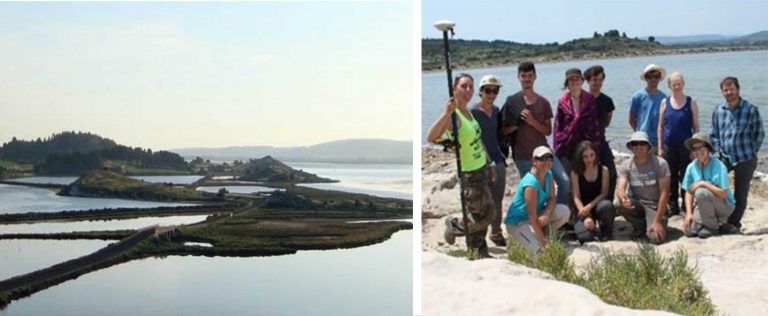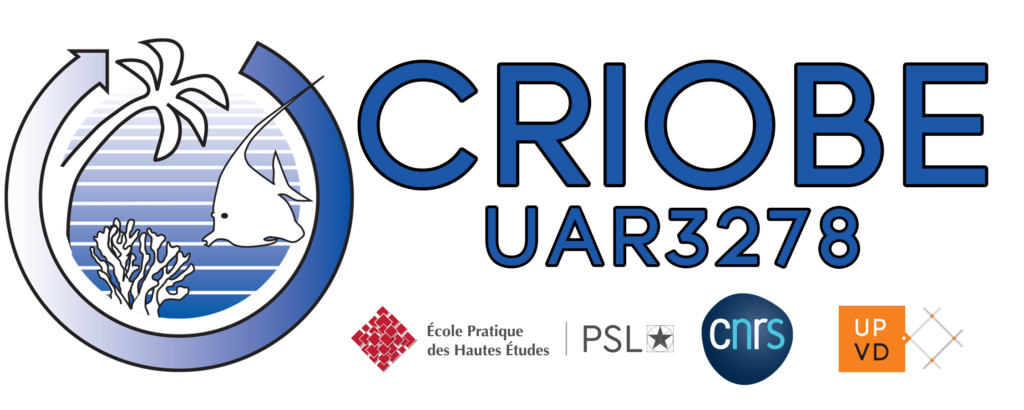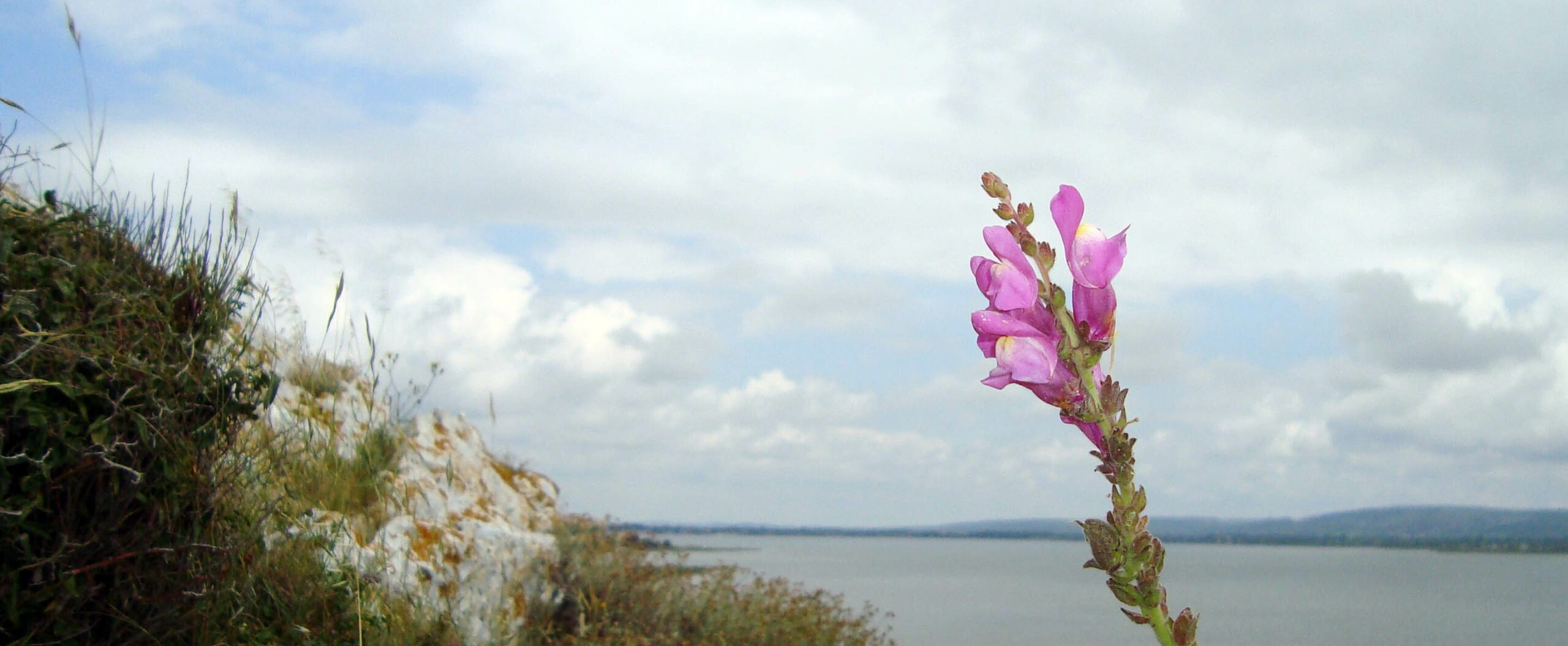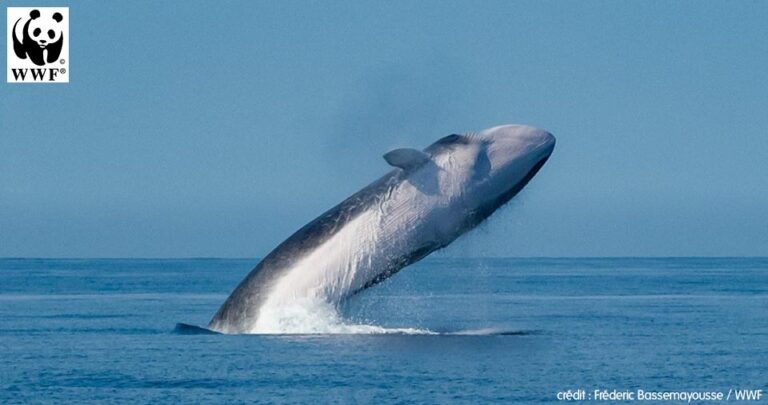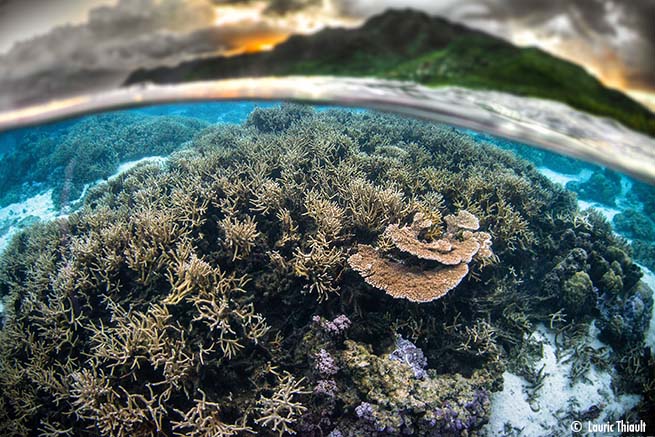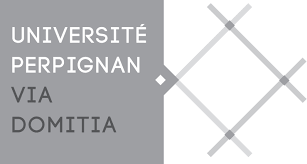- Titre du Projet : ANGI : Adaptive significance of Non Genetic Inheritance
- Coordination : Benoît Pujol
- Période : 2016-2021
- Zone d’étude : Sud de la France
- Collaborateurs : – International: David Field (Edith Cowan University, Australia), Nick Barton (Institute of Science and Technology, Austria), Maria Clara Castellanos (University of Sussex, UK)
- Source de Financement : European Research Council (ERC)
Résumé :
Our ability to predict adaptation and the response of populations to selection is limited. Solving this issue is a fundamental challenge of evolutionary ecology with implications for applied sciences such as conservation, and agronomy. Non genetic inheritance or transgenerational plasticity is suspected to play a foremost role in adaptive evolution but such hypothesis remains untested. Using quantitative genetics in wild plant populations, experiments and epigenetics, we will assess its role of in the adaptive response to selection of plant populations. The ANGI project follows the subsequent research program: (1) Using long-term survey data from wild populations, and common garden information, we aim to identify natural selection pressures in wild populations of Antirrhinum majus and evaluate their strengths within its heterogeneous array of natural habitats (from bedrock to soil, from open habitat to high plant density). We will calculate the fitness gain provided by multiple traits in different environemntal conditions at different spatial and temporal scales. (2) Using a statistical approach that we developed, we will estimate the genetic variation and the environmental similarity of traits to better evaluate their heritability, their evolvablity, and tehrefore their evolutionary potential to respond to selection. (3) We will identify phenotypic changes caused by fitness that are based on genetic variation and NGI and assess their respective roles in adaptive evolution. (4) In controlled conditions, we will investigate the epigenetic basis of plant traits and their response to shade. (5) We will build on our results to produce an inclusive genetic and non genetic framework for the study of natural selection. ANGI builds on a confirmed expertise in selection experiments, quantitative genetics and NGI. In addition, the availability of survey data provides a solid foundation for the achievement of this project. Our ambition is to shed light on original mechanisms underlying adaptation that are an alternative to genetic selection.
